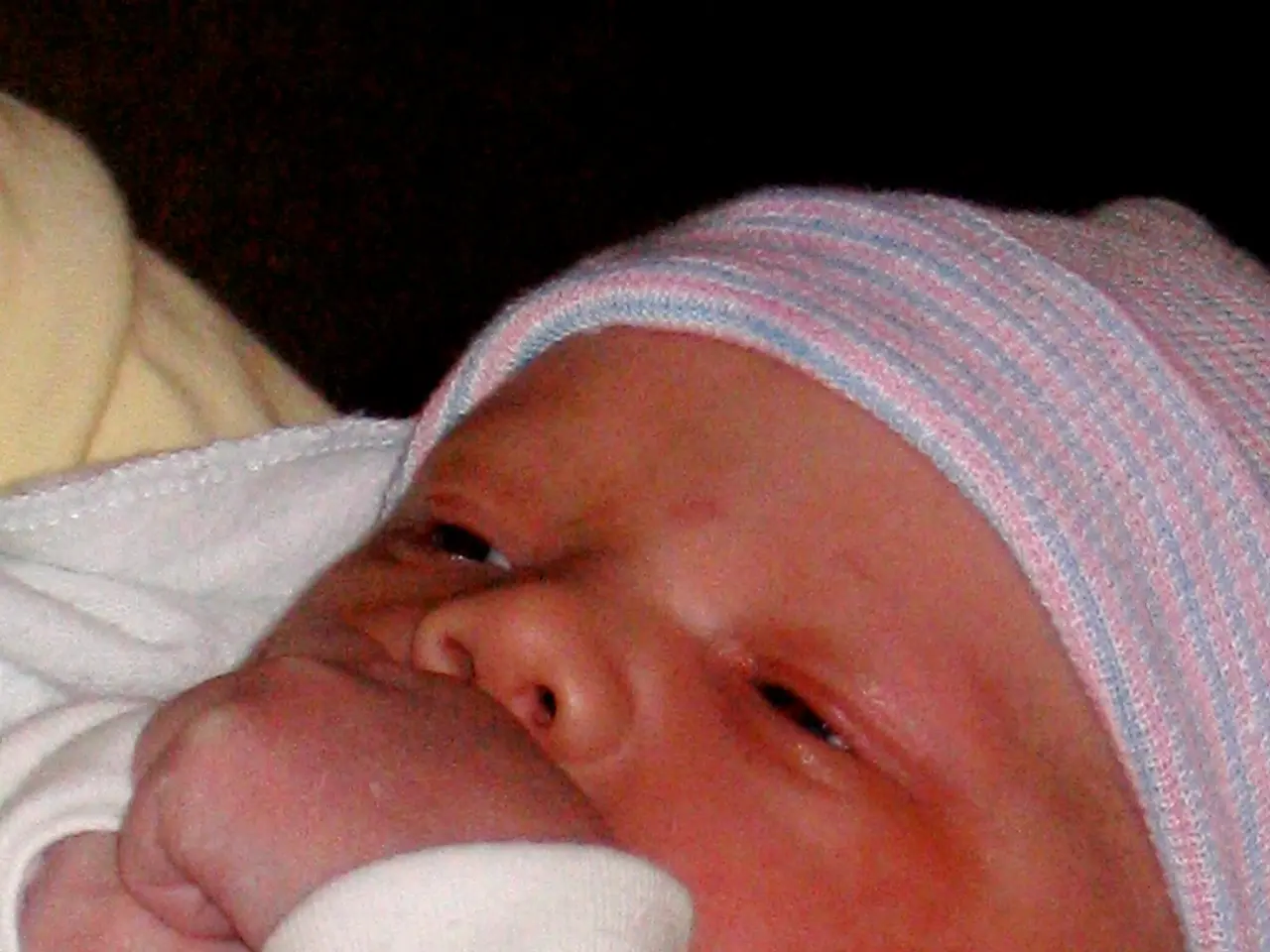Early Language Growth in Premature Infants
Premature infants, or preemies, often face unique challenges in their speech and language development. Here's a look at some key factors that contribute to these difficulties.
Neurological immaturity, caused by insufficient oxygen and nutrient supply during fetal development, plays a significant role. This can disrupt brain development and specifically affect the maturation of the fetal auditory system, which is crucial for early speech and language acquisition.
Socio-environmental factors also play a part. Poor maternal nutrition, lack of prenatal care, lower socioeconomic status, and rural living conditions increase the risk of neurodevelopmental abnormalities, including language impairments.
Prematurity-related medical complications, such as respiratory issues, sleep apnea, and other neurological or developmental delays, can indirectly affect speech development by limiting vocalization or auditory processing. Delayed motor milestones, such as crawling and walking, are also associated with later expressive language delays.
Common challenges in preemies include difficulties in articulation, phonological skills, and production, making their speech unclear. These infants may also have underdeveloped vocal structures due to their early birth, which can cause struggles with sound production.
Preemies are more likely to experience developmental delays and cognitive impairments compared to full-term babies, which can affect their speech and language skills. They are also at a higher risk for neurodevelopmental disorders, such as autism spectrum disorder and attention-deficit/hyperactivity disorder, which often coexist with speech and language difficulties.
However, there is hope. Early interventions, such as speech therapy and occupational therapy, can help preemies develop appropriate speech and language skills. Creating a language-rich environment at home, engaging in early intervention programs, and implementing speech and language therapy techniques can support preemie speech and language development.
For preemies with significant speech and language difficulties, assistive technology can be a valuable tool for communication. The choice of communication technology depends on the abilities and needs of the child, as recommended by a speech therapist or assistive technology specialist.
Preemies require careful monitoring and early intervention to support language outcomes. By understanding these factors, parents and caregivers can take proactive steps to help preemies overcome these challenges and develop strong speech and language skills.
References:
[1] Goldstein, R. (2013). Language development in premature infants. Pediatrics, 132(6), e1997-e2002.
[2] Kramer, M. S., & Wadhwa, P. (2013). Prematurity and language development. Paediatrics and Child Health, 28(6), 316-321.
[3] McCarthy, C. (2010). Early motor development and later language outcomes in preterm infants. Developmental Medicine and Child Neurology, 52(12), 994-999.
[4] Volpe, J. J. (2011). Neonatal neurology: the developing nervous system. Elsevier Health Sciences.
- The immaturity of the neurological system in premature infants, caused by insufficient oxygen and nutrient supply, can disrupt brain development, impacting the fetal auditory system essential for early speech and language acquisition.
- Socio-environmental factors such as poor maternal nutrition, lack of prenatal care, lower socioeconomic status, and rural living conditions may increase the risk of neurodevelopmental abnormalities, including language impairments in preemies.
- Prematurity-related medical complications like respiratory issues, sleep apnea, and other neurological or developmental delays can indirectly affect speech development in preemies, limiting their vocalization or auditory processing.
- Common challenges in preemies' speech include difficulties in articulation, phonological skills, and production, resulting in unclear speech, and underdeveloped vocal structures due to their early birth that cause struggles with sound production.
- Preemies, while at higher risk for neurodevelopmental disorders such as autism spectrum disorder and attention-deficit/hyperactivity disorder, can benefit from early interventions like speech therapy and occupational therapy to help them develop appropriate speech and language skills.
- By implementing speech and language therapy techniques, creating a language-rich environment at home, engaging in early intervention programs, and utilizing assistive technology when necessary, parents and caregivers can support preemie speech and language development, ensuring their overall health-and-wellness and mental-health as they grow and learn in the family environment, following the principles of parenting and education in the field of science.




